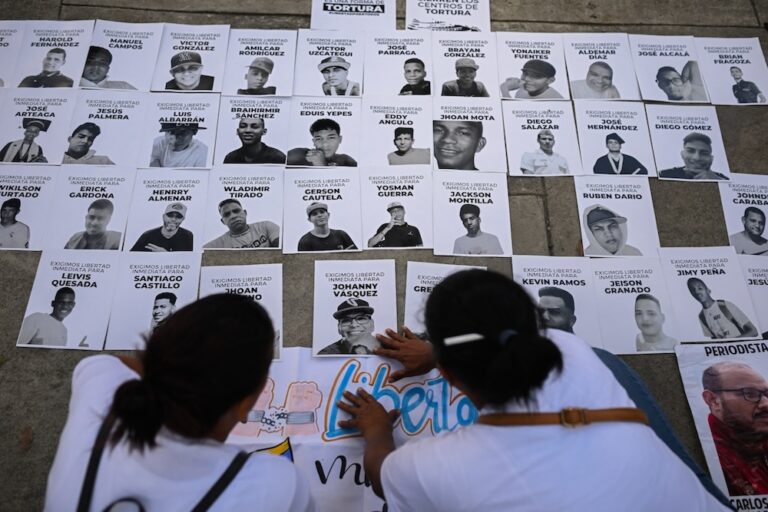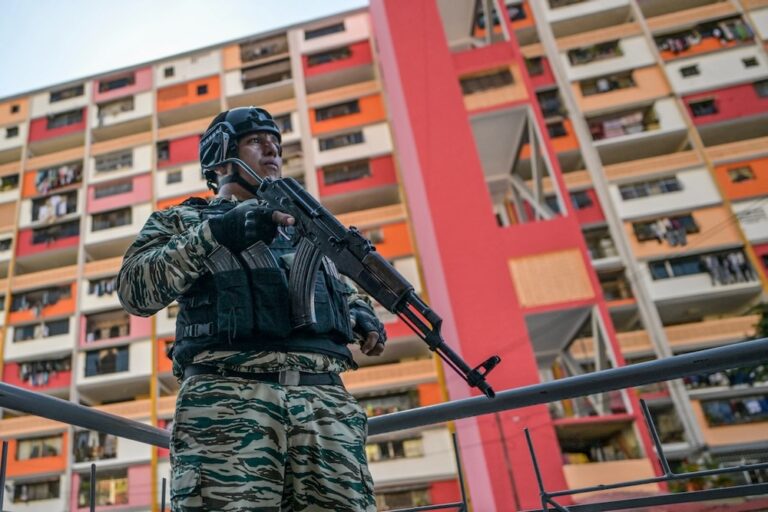The directors of Cadena Capriles, a corporate group of social communication media, fired Omar Lugo, director of El Mundo, Economía y Negocios (EMEN), a paper printed by the conglomerate. According to Capriles, the decision was made after he refused to change the newspaper's editorial line.
On November 18, 2013, the directors of Cadena Capriles, a corporate group of social communication media, fired Omar Lugo, director of El Mundo, Economía y Negocios (EMEN), a paper printed by the conglomerate. As reported by the journalist, the decision was made after he refused to fulfill a petition to change the newspaper’s editorial line and modify its coverage of economic issues of interest for the nation.
Lugo told IPYS-Venezuela that soon after the sale of Cadena Capriles went through in October 2013, the new owners ordered a change in the editorial line of the newspaper, consisting of “softening” the tone of the headlines referring to inflation and the nation’s current economic situation, headlines which have been repeatedly criticized by the government authorities of Venezuela.
The director rejected the petition alleging that the media was a space for analysis and interpretation, that the articles published in the newspaper are based on data and figures from official entities and statements from reliable economic sources not identified with any political trend in the nation.
In its Friday November 15, 2013 edition, a few days after Lugo was fired, the El Mundo newspaper published a front page headline stating “Sales! BCV reserves touched”, based on official figures issued by the Central Bank of Venezuela (BCV), mentioning a drop in the international reserves of Venezuela.
Official Intimidation
The journalist explained that the notification of dismissal was verbal, from one of the directors of the newspaper, who was not identified by IPYS-Venezuela, after Nicolás Maduro, the President of the republic, criticized the headline of the printed media in an official statement on November 16, 2013.
Omar Lugo believes that the editors were pressured into ceasing to report on these topics of public interest linked to the current economic situation being endured in the country: “It is no secret to anyone that in Venezuela there is no coherent economic policy which can help curb inflation”.
He indicated that the citizens are demanding clear and transparent data on economic issues and this is only possible through responsible journalism that offers access to reliable sources.
Economic Watershed
Currently, Venezuela is going through an economic crisis characterized by scarcity of foodstuffs and the high and recurrent increase in the cost of goods and services, making the nation’s inflation the highest in the continent. Top officials of the national government have put the responsibility of the economic problems on the shoulders of private businessmen and entrepreneurs and certain countries such as the United States and have pointed out that this problem is due to “economic warfare” which is supposedly being waged against Venezuela. They have recurrently criticized the coverage of the issues by the private national and foreign media, warning on possible lawsuits against these media.
In a communiqué signed by more than 100 workers of the Cadena Capriles they stated that the firing of Omar Lugo is a violation to the constitutional right to freedom of expression and information in the nation. They said that the aim is to censor information corroborated through official data.
Changes in property
This incident has taken place after an important change in ownership of the private media. Based on news aired by Últimas Noticias on October 25, 2013, the Cadena Capriles was sold to Latam Media Holding, whose new board of directors is chaired by Carlos Acosta López. Latam Media is owned by Hanson Asset Management, an independent financial entity based in England, dedicated to offering investment services.
Internal censorship
The firing of Omar Lugo represents a case of internal censorship and violates the right to information and prohibition of censorship in articles 57 and 58 of the Constitution of the Bolivarian Republic of Venezuela and warranties to that same right even in states of exception, as per article 337.


